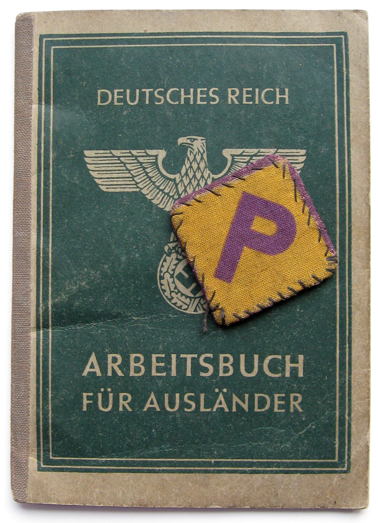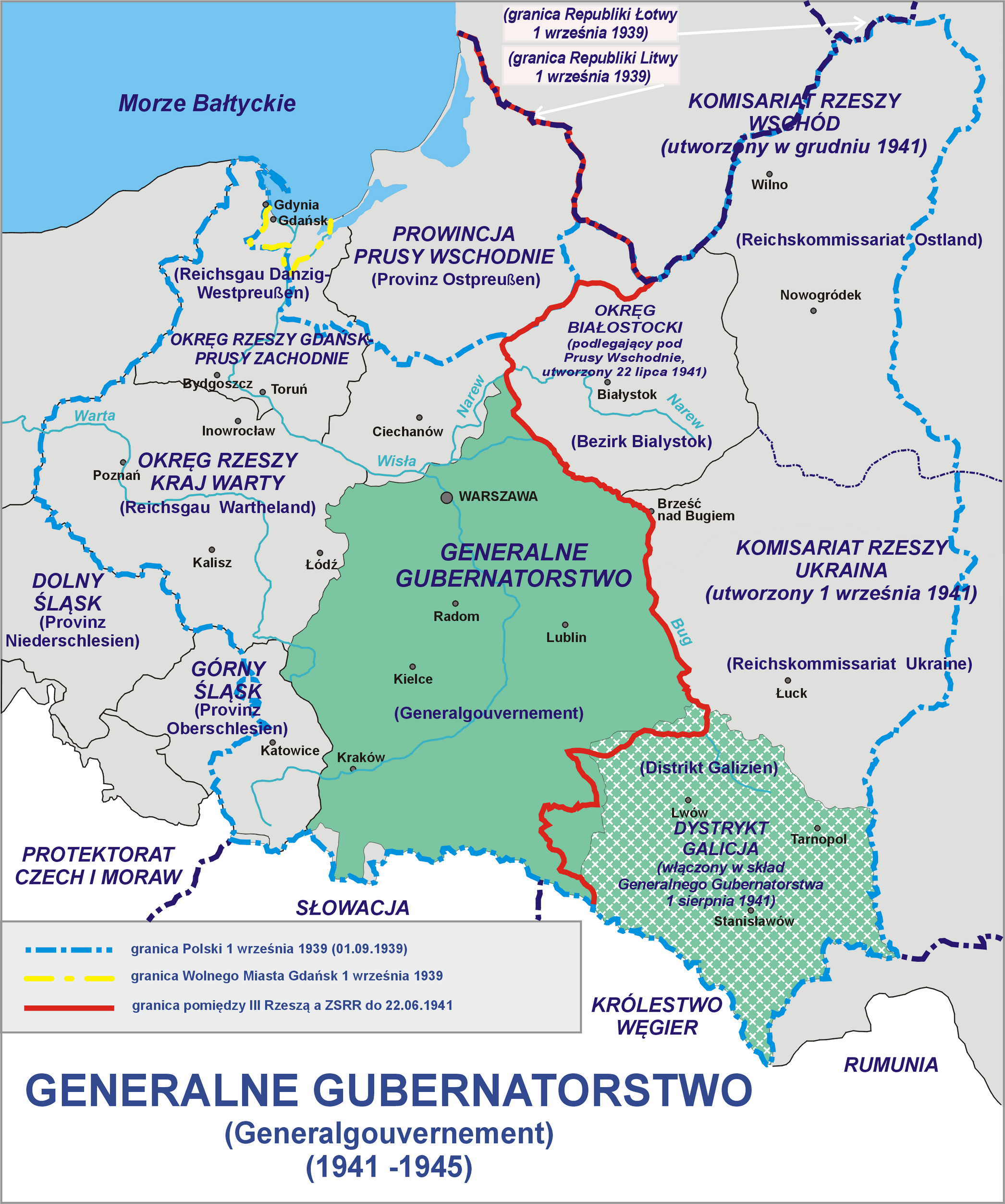|
Pączewo
Pączewo is a village in the administrative district of Gmina Skórcz, within Starogard County, Pomeranian Voivodeship, in northern Poland. It lies approximately north of Skórcz, south of Starogard Gdański, and south of the regional capital Gdańsk. It is located within the ethnocultural region of Kociewie in the historic region of Pomerania. The landmark of Pączewo is the historic Church of the Annunciation. History The oldest known mention of the village dates back to 1352.''Słownik geograficzny Królestwa Polskiego i innych krajów słowiańskich'', Tom VII, Warsaw, 1886, p. 927 (in Polish) It was destroyed during the Thirteen Years' War (1454–1466), and later rebuilt. Pączewo was a royal village of the Polish Crown, administratively located in the Tczew County in the Pomeranian Voivodeship. In 1673 it was granted a royal privilege). During the German occupation of Poland (World War II), several Poles from Pączewo were murdered by the Germans in the Zajączek fo ... [...More Info...] [...Related Items...] OR: [Wikipedia] [Google] [Baidu] |
Gmina Skórcz
__NOTOC__ Gmina Skórcz is a rural gmina (administrative district) in Starogard County, Pomeranian Voivodeship, in northern Poland. Its seat is the town of Skórcz, although the town is not part of the territory of the gmina. The gmina covers an area of , and as of 2006 its total population is 4,567. Villages Gmina Skórcz contains the villages and settlements of Barłożno, Bojanowo, Boraszewo, Bukowiec Nowy, Czarne, Czarnylas, Drewniaczki, Kranek Drugi, Mieliczki, Mirotki, Miryce, Nowy Bukowiec, Pączewo, Pólko, Pustkowie, Ryzowie, Skórcz-Kranek, Wielbrandowo, Wielki Bukowiec, Wolental, Wybudowanie Wielbrandowskie and Zajączek. Neighbouring gminas Gmina Skórcz is bordered by the town of Skórcz and by the gminas of Bobowo, Lubichowo, Morzeszczyn, Osiek and Smętowo Graniczne Smętowo Graniczne is a village in Starogard County, Pomeranian Voivodeship, in northern Poland. It is the seat of the gmina (administrative district) called Gmina Smętowo Gran ... [...More Info...] [...Related Items...] OR: [Wikipedia] [Google] [Baidu] |
Paczewo 1
Paczewo is a village in the administrative district of Gmina Sierakowice, within Kartuzy County, Pomeranian Voivodeship, in northern Poland. It lies approximately north-east of Sierakowice, west of Kartuzy, and west of the regional capital Gdańsk. For details of the history of the region, see History of Pomerania The history of Pomerania starts shortly before 1000 AD, with ongoing conquests by newly arrived Polans (western), Polan rulers. Before that, the area was recorded nearly 2000 years ago as Germania, and in modern times Pomerania has been split betw .... References Villages in Kartuzy County {{Kartuzy-geo-stub PEOPLE Adriana Złoch (2004) ... [...More Info...] [...Related Items...] OR: [Wikipedia] [Google] [Baidu] |
List Of Sovereign States
The following is a list providing an overview of sovereign states around the world with information on their status and recognition of their sovereignty. The 205 listed states can be divided into three categories based on membership within the United Nations System: 193 member states of the United Nations, UN member states, two United Nations General Assembly observers#Current non-member observers, UN General Assembly non-member observer states, and ten other states. The ''sovereignty dispute'' column indicates states having undisputed sovereignty (188 states, of which there are 187 UN member states and one UN General Assembly non-member observer state), states having disputed sovereignty (15 states, of which there are six UN member states, one UN General Assembly non-member observer state, and eight de facto states), and states having a political status of the Cook Islands and Niue, special political status (two states, both in associated state, free association with New ... [...More Info...] [...Related Items...] OR: [Wikipedia] [Google] [Baidu] |
Pomeranian Voivodeship (1466–1772)
The Pomeranian Voivodeship () was a unit of administrative division and local government in the Kingdom of Poland and the Polish–Lithuanian Commonwealth from 1454/1466 until the First partition of Poland in 1772. From 1613 the capital was at Skarszewy. The name ''Pomerania'' derives from the Slavic ''po more'', meaning "by the sea" or "on the sea". (Pommersches Landesmuseum, German) History The comprised the westernmost part of the province of[...More Info...] [...Related Items...] OR: [Wikipedia] [Google] [Baidu] |
Legislative Sejm (Second Polish Republic)
The Legislative Sejm or Constituent Sejm () was the first national parliament (Sejm), and simultaneously Constituent Assembly of the newly independent Poland, sitting from 1919 to 1922. It was elected in the 1919 Polish legislative election. Background The Legislative Sejm was formed in the aftermath of World War I on the territories of the newly independent Second Polish Republic. In late 1918 Polish state was governed by Józef Piłsudski, who quickly begun the work to organize election to the first Polish national parliament (Sejm) since the Grodno Sejm of 1793, held two years before partitions of Poland ended the independent existence of the Polish–Lithuanian Commonwealth. History The elections to the Sejm took place on January 26, 1919. At that time, Poland did not have fixed boundaries, and was involved in territorial conflicts and disputes. On the territories under the nascent Polish state's control, in the lands of former Congress Kingdom and Podlasie region, and western ... [...More Info...] [...Related Items...] OR: [Wikipedia] [Google] [Baidu] |
Lebensraum
(, ) is a German concept of expansionism and Völkisch movement, ''Völkisch'' nationalism, the philosophy and policies of which were common to German politics from the 1890s to the 1940s. First popularized around 1901, ''[Also in:]'' became a Geopolitics, geopolitical goal of German Empire, Imperial Germany in World War I (1914–1918), as the core element of the of territorial expansion. The most extreme form of this ideology was supported by the Nazi Party and Nazi Germany, the ultimate goal of which was to establish a Greater Germanic Reich, Greater German Reich. was a leading motivation of Nazi Germany to initiate World War II, and it would continue this policy until End of World War II in Europe, the end of the conflict. Following Adolf Hitler's rise to power, became an ideological principle of Nazism and provided justification for the German territorial expansion into Central and Eastern Europe. The Nazi policy () was based on its tenets. It stipulated that Germa ... [...More Info...] [...Related Items...] OR: [Wikipedia] [Google] [Baidu] |
Forced Labour Under German Rule During World War II
The use of Slavery, slave and forced labour in Nazi Germany () and throughout German-occupied Europe during World War II took place on an unprecedented scale. It was a vital part of the Economics of fascism#Political economy of Nazi Germany, German economic exploitation of conquered territories. It also contributed to the mass extermination of populations in occupied Europe. The Germans abducted approximately 12million people from almost twenty European countries; about two thirds came from Central Europe and Eastern Europe.Part1 an Part 2 . Many workers died as a result ... [...More Info...] [...Related Items...] OR: [Wikipedia] [Google] [Baidu] |
General Government
The General Government (, ; ; ), formally the General Governorate for the Occupied Polish Region (), was a German zone of occupation established after the invasion of Poland by Nazi Germany, Slovak Republic (1939–1945), Slovakia and the Soviet Union in 1939 at the onset of World War II. The newly occupied Second Polish Republic was split into three zones: the General Government in its centre, Polish areas annexed by Nazi Germany in the west, and territories of Poland annexed by the Soviet Union, Polish areas annexed by the Soviet Union in the east. The territory was expanded substantially in 1941, after the German Operation Barbarossa, Invasion of the Soviet Union, to include the new District of Galicia. The area of the ''Generalgouvernement'' roughly corresponded with the Austrian part of the Polish–Lithuanian Commonwealth after the Third Partition of Poland in 1795. The basis for the formation of the General Government was the "Annexation Decree on the Administration o ... [...More Info...] [...Related Items...] OR: [Wikipedia] [Google] [Baidu] |
Expulsion Of Poles By Nazi Germany
The Expulsion of Poles by Nazi Germany during World War II was a massive operation consisting of the forced resettlement of over 1.7 million Polish people, Poles from the territories of Occupation of Poland (1939–1945), German-occupied Poland, with the aim of their Germanisation in Poland (1939–1945), Germanization (see ''Lebensraum'') between 1939 and 1944. The German Government had plans for the extensive Settler colonialism, colonisation of territories of occupied Poland, which were annexed directly into Nazi Germany in 1939. Eventually these plans grew bigger to include parts of the General Government. The region was to become a "purely German area" within 15–20 years, as explained by Adolf Hitler in March 1941. By that time the General Government was to be cleared of 15 million Polish nationals, and resettled by 4–5 million ethnic Germans. The operation was the culmination of the expulsion of Poles by Germany carried out since the 19th century, when Poland was Parti ... [...More Info...] [...Related Items...] OR: [Wikipedia] [Google] [Baidu] |
Institute Of National Remembrance
The Institute of National Remembrance – Commission for the Prosecution of Crimes against the Polish Nation (, abbreviated IPN) is a Polish state research institute in charge of education and archives which also includes two public prosecution service components exercising investigative, prosecution and Lustration in Poland, lustration powers. The IPN was established by the Polish parliament by the Act on the Institute of National Remembrance of 18 December 1998 through reforming and expanding the earlier Main Commission for the ''Investigation'' of Crimes against the Polish Nation of 1991, which itself had replaced the General Commission for Research on Fascist Crimes, a body established in 1945 focused on investigating the crimes of the Nazi administration in Poland during World War II. In 2018, IPN's mission statement was amended by the controversial Amendment to the Act on the Institute of National Remembrance to include "protecting the reputation of the Republic of Poland ... [...More Info...] [...Related Items...] OR: [Wikipedia] [Google] [Baidu] |
Intelligenzaktion
The ''Intelligenzaktion'' (), or the Intelligentsia mass shootings, was a series of mass murders committed against the Polish people, Polish intelligentsia (teachers, priests, physicians, and other prominent members of Polish society) during the early years of the World War II, Second World War (1939–45) by Nazi Germany. The Germans conducted the operations in accordance with their plan to Germanization, Germanize the western regions of occupied Poland, before their territorial annexation to the Nazi Germany, German Reich. The mass murder operations of the ''Intelligenzaktion'' resulted in the killing of 100,000 Polish people; by way of forced disappearance, the Germans imprisoned and killed select members of Polish society, identified as enemies of the Reich before the war; they were buried in mass graves which were dug in remote places. To facilitate the depopulation of occupied Poland, the Germans Terrorism, terrorised the general populace by carrying out public, summary exe ... [...More Info...] [...Related Items...] OR: [Wikipedia] [Google] [Baidu] |
Zajączek, Pomeranian Voivodeship
Zajączek is a village in the administrative district of Gmina Skórcz, within Starogard County, Pomeranian Voivodeship, in northern Poland. It lies approximately west of Skórcz, south of Starogard Gdański, and south of the regional capital Gdańsk. It is located in the ethnocultural region of Kociewie in the historic region of Pomerania. History During the German occupation of Poland (World War II), the local forest was the site of a massacre of around 100 Poles from Skórcz and various nearby villages, perpetrated by the German gendarmerie and '' Selbstschutz'' in 1939, as part of the ''Intelligenzaktion The ''Intelligenzaktion'' (), or the Intelligentsia mass shootings, was a series of mass murders committed against the Polish people, Polish intelligentsia (teachers, priests, physicians, and other prominent members of Polish society) during the ...''. References Villages in Kociewie Villages in Starogard County Sites of World War II massacres of Poles ... [...More Info...] [...Related Items...] OR: [Wikipedia] [Google] [Baidu] |





